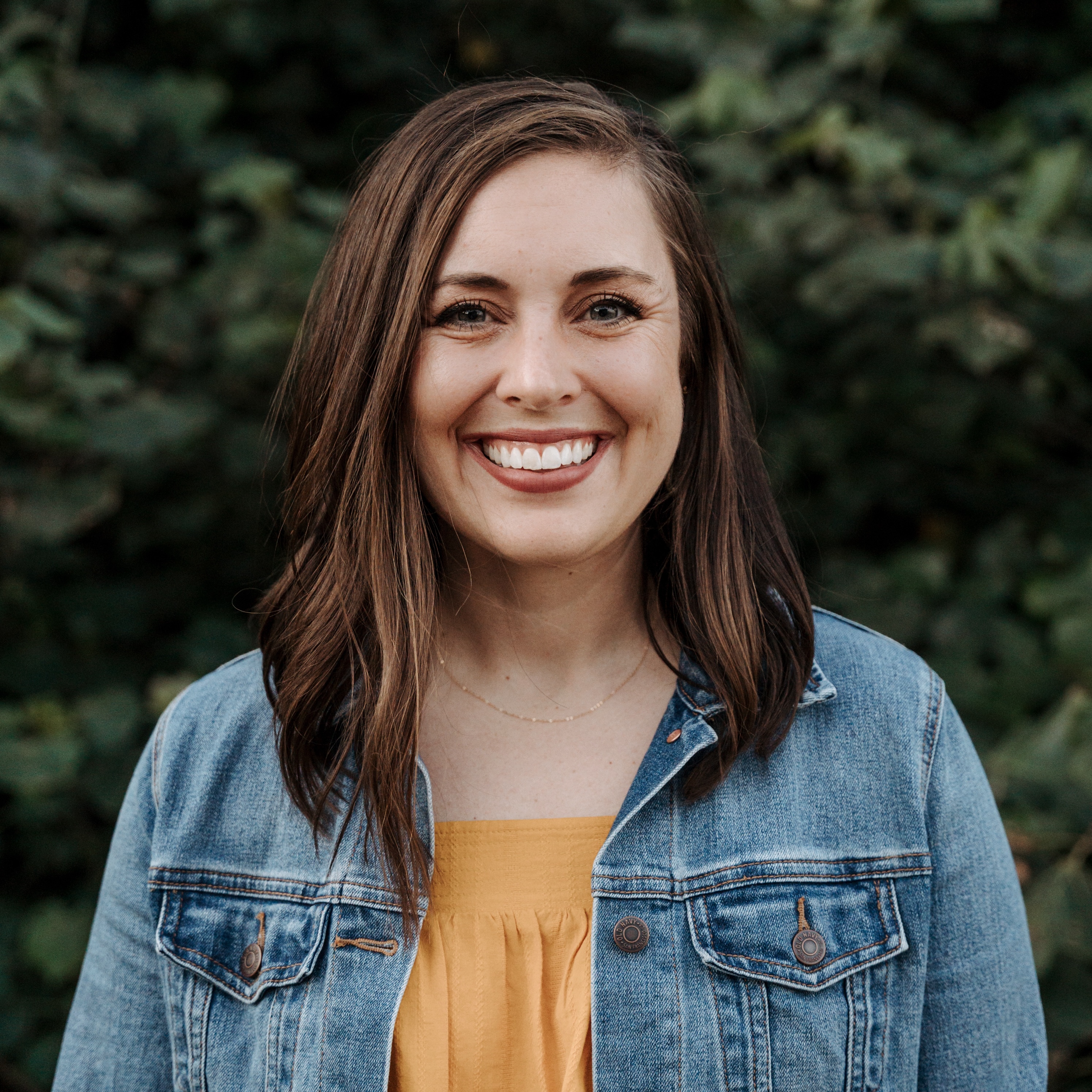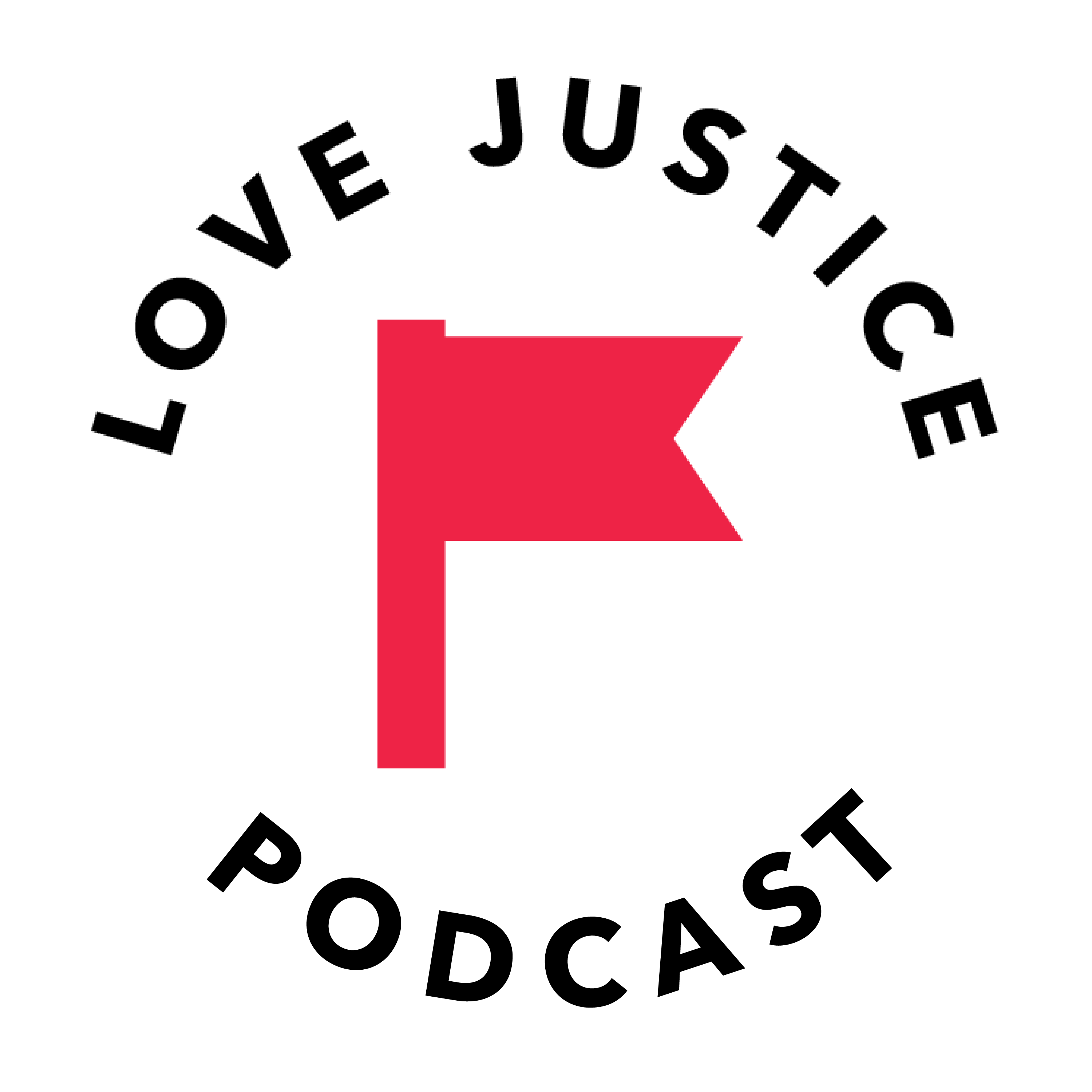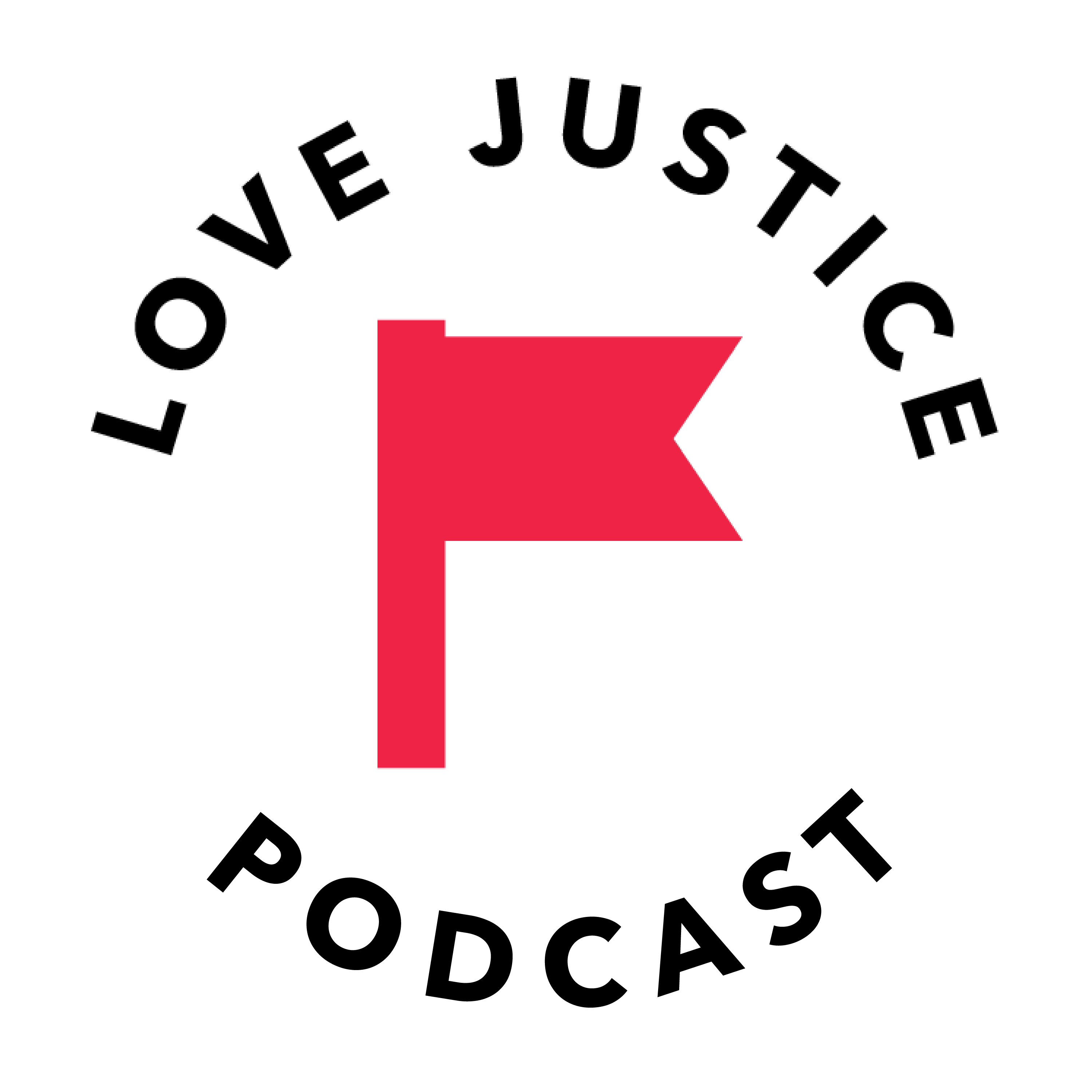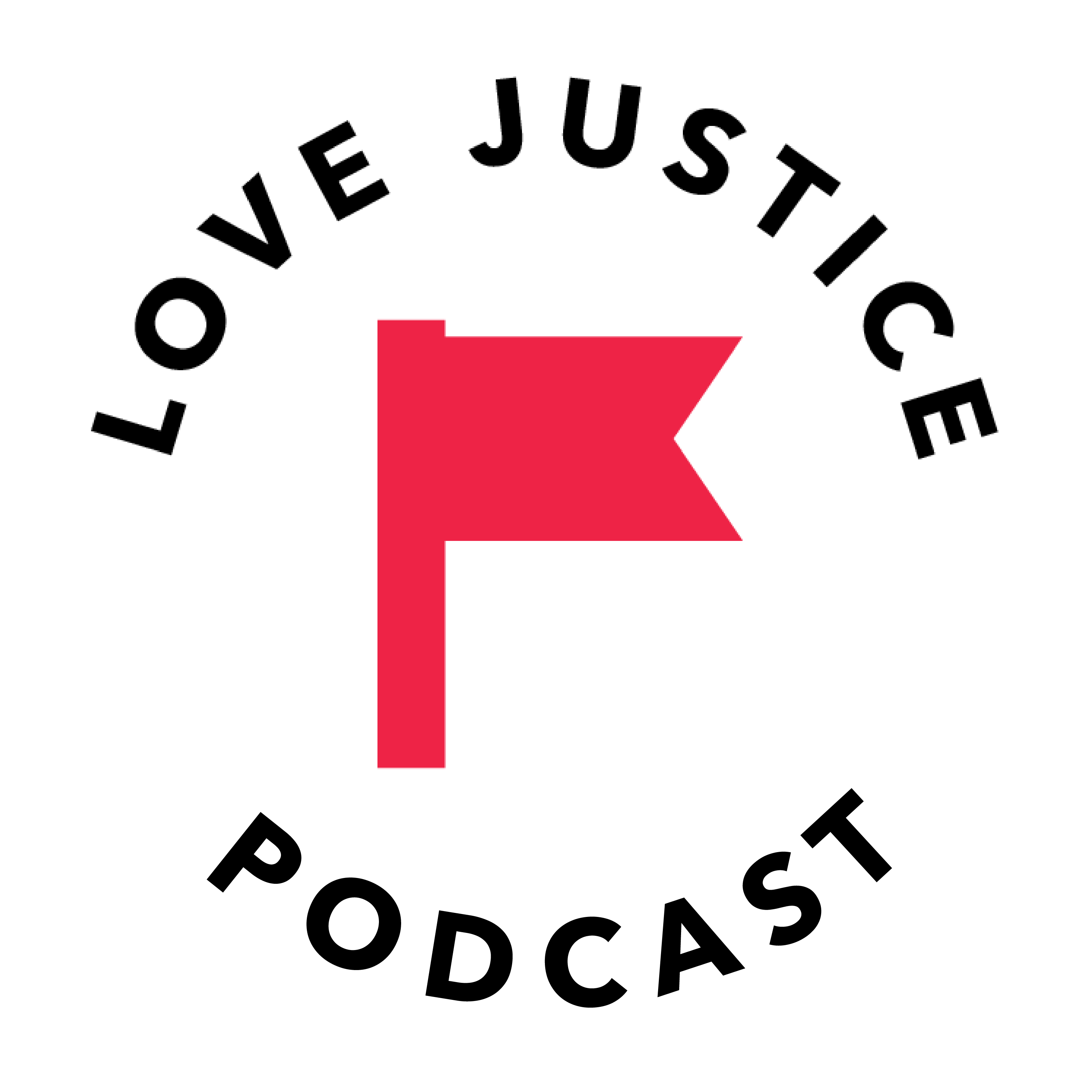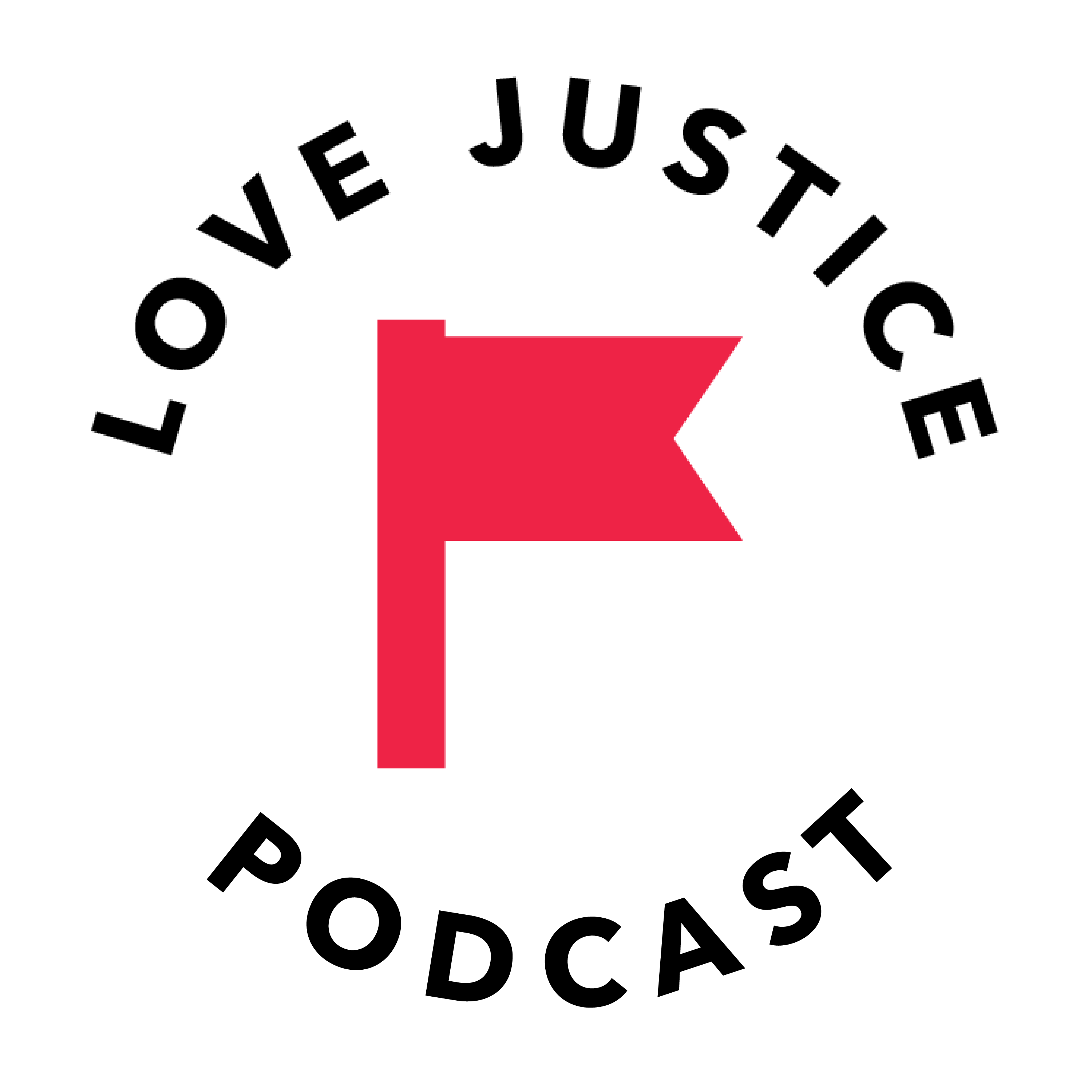Episode Transcript
[00:00:03] Speaker A: Welcome to the Love justice podcast, where we hear from different voices who are joining us in the fight against modern day slavery. Today's episode is part of our Stories edition. Here's your host, Paula Cornell.
[00:00:17] Speaker B: I'm Paula Cornell, and you are listening to a stories edition of the Love justice podcast. Today, I want to share an interview with one of our monitors in Kenya named Harrison.
If you're not familiar with our work, love justice fights human trafficking through a strategy called Transit Monitoring, which involves placing staff at high traffic transit areas to keep vigilant watch for signs of human trafficking. We call these staff monitors. When the monitor sees a situation that seems suspicious, they will stop the individuals for an interview, asking questions to determine if there are enough red flags to count as evidence of trafficking. If trafficking is likely, the monitors will intercept the person at risk and get them to safety and turn the suspected trafficker over to law enforcement if possible. By this method, Love justice has helped prevent over 60,000 people from being trafficked.
So back to our monitor in Kenya, Harrison.
I first spoke with Harrison in March of 2023, about three months after he started working with Love justice, I asked him to tell me about a person he helped intercept that made a profound impact on him. And he told me about a young girl.
[00:01:24] Speaker C: The first time. When we met the girl, she was sitting on a bench somewhere. By just a look of her face, you can tell that this person is desperate in a way.
So we drew closer to her, and she had so many questions in her face that you can just look and tell, this person is new in this place. This person is in need of something or need of someone. Then I approached her, and I asked her some few questions about why she was. She was there at that time because she told me that she arrived at 04:00 a.m. in the morning. And that. And those are weird hours in Nairobi. Anything can happen to her. So she was looking like a worried person and relaxed person and someone who was waiting for something. So that's one point I realized that she was new there, and she was waiting for something. And just out of that, that is one strategy we normally use to identify a potential victim, someone who is new. You will just tell by the look of the face that she don't belong there, and she's new there, and she's just like someone who is waiting for something.
[00:02:44] Speaker B: As Harrison talks with the girl, he feels compassion for her. I think one of the things that struck me most about Harrisons story was how rather than approaching this girl as someone he could save or rescue. He identified with her. He talks as though he sees himself in her. Youll see why. As we keep listening, our conversation was.
[00:03:06] Speaker C: Like, for the first time, when I listened, I listened to her.
She was speaking much of her troubles.
And I. For the first time, I didn't base my conversation into the point that it's like I want to help her. But I took myself and I put myself in her shoes so that she can open up and tell me something. So, first of all, I told her a story.
[00:03:38] Speaker D: I related a story with the story she gave me, so that this girl.
[00:03:43] Speaker C: Can show how I went through. And then I met someone who helped me. So, first of all, I listened a bit of her, and she was scared to explain everything to me, of course. So I shut her up first. And then I took her, and then I took her in the office and I explained something to related to the story she gave me.
[00:04:11] Speaker B: The girl is understandably scared to open up and tell him the whole truth. So Harrison shares a piece of his own story with her.
[00:04:21] Speaker C: I was trafficked, but during those time, I was not aware that I was undergoing such a. Such a thing.
So there is a guy, of course, he's my cousin. And that was the last job at one. And this guy knew so well that I have no job, had no job to read these days. And I was desperate and I was ready to take any risk so that I can help my brother and my sister. So this guy visited me one day, one time, and he told me that he had something for me to do that can make me earn some living. And she connected me with a person, of course, it was a job for.
I was working a butchery.
Yeah, selling meat. So she told. He told me everything. And he organized the journey and told me that I will be. I will be earning a monthly salary of 8000 shillings. And I saw it being a good idea because I had no job, of course. So she sent me fair of 150 shillings.
And then I went to the place I was supposed to meet him. But when I arrived there, I tried.
[00:05:38] Speaker D: To call him and he told me.
[00:05:40] Speaker C: That he will send some. Two guys to come and pick me.
And I would wait until around 09:00 p.m. the night.
[00:05:54] Speaker B: I was shocked hearing this for the first time. Harrison himself had been trafficked. That first time I spoke with Harrison, when he was new to the team, he did not mention this part of his history. It was six or seven months later when I interviewed him a second time, that he finally shared this detail. Fortunately, as you can guess, this was not the end of the story for Harrison. For him, help came in the form of a soldier who noticed him.
[00:06:21] Speaker C: And then someone identified me. And that was a soldier of a certain bank.
And he called me and he asked me, what are you doing there?
[00:06:31] Speaker D: I could tell him that I am.
[00:06:32] Speaker C: Waiting for someone who organized a job for me. And he's telling me that he's sending some people to come and pick me. Then the soldier was interested in the.
[00:06:42] Speaker D: Story, and he wanted to listen it more. And then he took me to the.
[00:06:47] Speaker C: Place he was standing. And I would wait those guys there. But during that time, the soldier told me that when these two guys will call, you don't tell them exactly the place you are. Just lie to them. You are in that place, but you are here so that we can see and monitor who are the guys who will come.
[00:07:12] Speaker D: Because the soldier told me that after.
[00:07:16] Speaker C: Giving him that number, he told me that he know that guy who was organizing the job for me. So we waited and we saw the guys, the two guys who was coming to pick me. And they were not good guys. There were two guys wearing black, black suits and plug caps.
So the soldier told me that these guys is like, I saw them somewhere, and they are not good. So what you are supposed to do now is to relocate from this place and go to somewhere else where there is much safety. But I told the soldier, I don't know this place. So if you can help me, please, just help me out. And the soldier gave me 200 shillings, and I boarded a matatu to where I live.
[00:08:06] Speaker D: So I narrated that same story to.
[00:08:10] Speaker C: This girl, so that she can understand what I went through and how I was helped.
[00:08:15] Speaker D: And from that story, she saw that.
[00:08:17] Speaker C: I was a good person who can help her. And she opened her and she told me everything.
[00:08:25] Speaker B: The girl finally opens up and shares more about what is going on. And Harrison finds out they have even more in common.
[00:08:34] Speaker C: And then she explained that she was left by her parents and she was living with grandparents.
And I really understood that the girl was a total orphan.
She's never like me.
And she couldn't even support herself in terms of education. And their grandparents, they were not even able to support her fully. So she was waiting for any chance to come. Come into her life and to a line of waiting so that she can take it up. She was not worried about the risks she will take. A. And she was not worried about the problems she will undergo. It's just that she wanted to be helped in life. And that way she came the first time in Nairobi, to look for that job.
[00:09:29] Speaker B: The girl tells Harrison that she met a man who promised her a job in Nairobi. And in her desperate state, she was willing to believe this man. The man arranged her travel into the city and told her he would pick her up there. But when she arrived, he was nowhere to be found.
[00:09:45] Speaker C: And then when she came, she would call that person and he could be unreachable.
And the girl was there, desperate, until the time we met her.
I can show the innocence in the face of that girl. And then my fellow monitors just watched as we intercepted her. The way she was crying, the way she was telling us to help her, the way she was telling us she is innocent, and the way she was pleading for any help.
But we told her that the biggest thing we can give her is peace of mind and freedom. Because we explained everything about love, justice. And I was turned towards a young girls and young people, how we can help them.
We, at the end of the day, we planted a new rope in her. She was able to go back home, and we were able even to communicate with her thereafter. And she is faring well right now. We are talking because we even have back contacts. I normally call her in daily basis sometimes to. To listen to what she is going through. And she tells me that life has completely changed in a way that she can see some changes in our life since the day we encountered with her. It was, I think that was the first intercept I met in love justice.
[00:11:19] Speaker B: I want to end this story episode with this encouragement. The painful experiences we have often give us unique empathy or opportunity to make a difference in someone else's life. Harrison, like some of our other staff members, is able to relate to potential trafficking victims in a way that many others cannot. Since he, too was trafficked, that solidarity helped earn that girl's trust and helped her understand what was happening to her so that she could get to safety. Whatever painful experiences you have been through, you also have a unique opportunity to make a difference in the lives of others.
If you want to make a difference. Keeping people free from human trafficking, I want to invite you to join us by donating, it costs us less than $200, all overhead costs included, to protect one life from being trafficked. Give today at lovejustice Dot NGo.
Thanks for listening.
